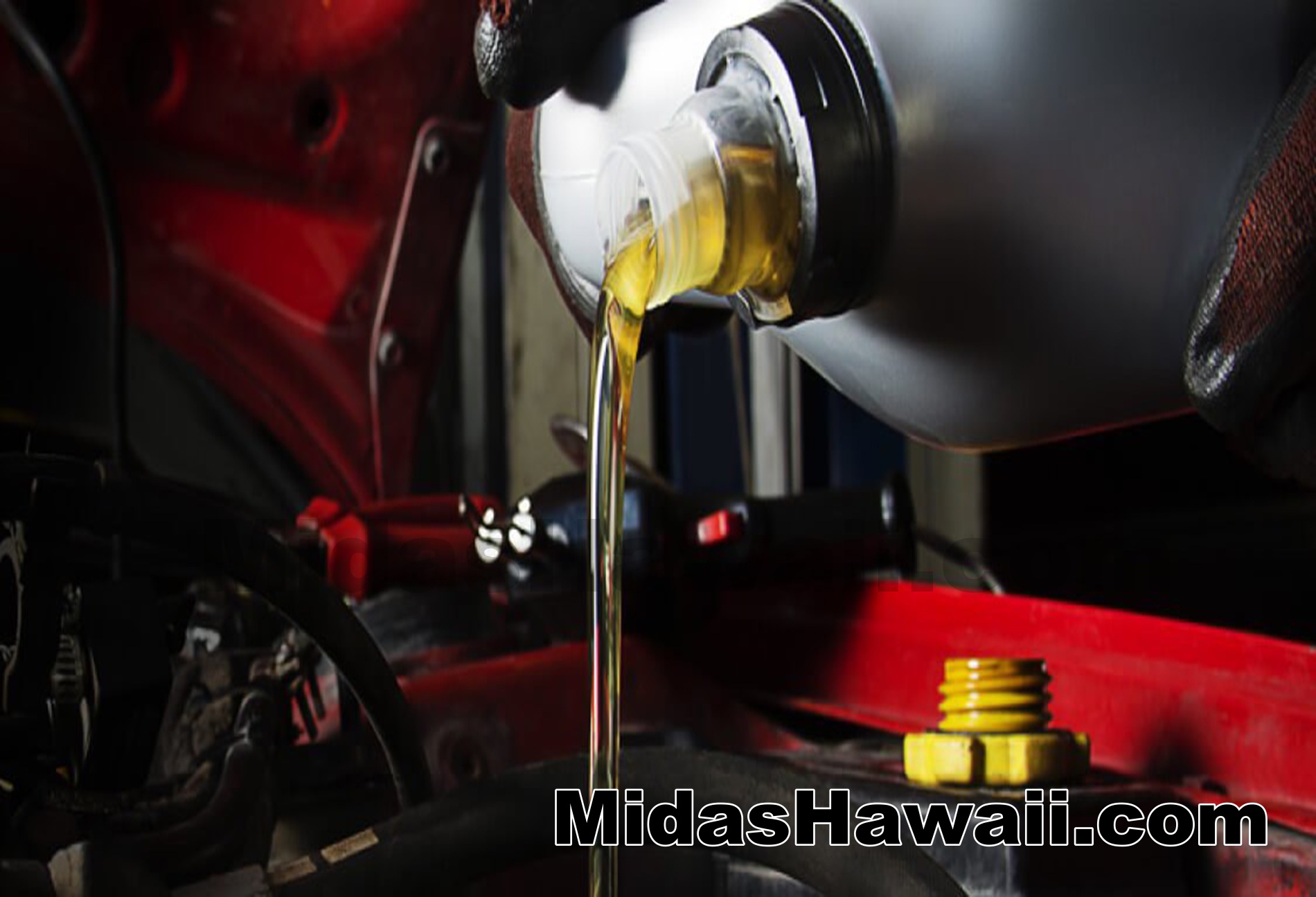High Mileage Oil Change
- Tweet
Back to the top
FAQ LEGEND
Back to the top
High Mileage Oil Change Questions
A. To keep older engines healthy as long as possible. High mileage oil contains additives that condition your engine's rubber seals, reduce friction on metal parts, and clear away sludge. Switching to high mileage oil when your vehicle hits 75,000 miles or so may offer many benefits:
- Reduce oil consumption.
- Reduce smoke & emissions.
- Treat and prevent leaks.
- Prevent sludge build-up.
- Maintain and restore compression.
- Minimize wear on engine parts.
- Delay the need for major engine repair.
A. High mileage oils contain additives that help prolong engine life and maximize performance in three ways: detergent to eliminate sludge, conditioner to keep rubber seals and gaskets flexible, and additives to lubricate broken-in metal parts and maintain compression.
How does high mileage oil work? As your engine ages, rubber distorts and becomes brittle, so your engine's seals don't quite seal anymore. Meanwhile, friction wears down the moving parts, at least to a broken-in state. Both issues open tiny gaps in your engine system, causing problems like oil leaks, oil burning, extra friction, and loss of compression in your engine's cylinders. Your engine performance suffers, you go through more oil, and the metal parts wear out faster. But the conditioners in high mileage oil chemically react with your seals and gaskets to keep the rubber flexible. The detergents can prevent sludge and eliminate sludge buildup. And high mileage oil is thickened to the higher end of each viscosity range, to fill in those gaps in the seals and metal part connections. This higher base viscosity also pampers your metal components with generous lubrication without exceeding your vehicle's oil specifications.
A. For most high mileage vehicles, the benefits of high mileage oil outweigh the increased cost. With the average age of cars and light trucks at nearly 12 years2, many owners are driving higher mileage vehicles and keeping them longer. Delaying the need for major engine repair isn't just a theoretical question.
Another factor to weigh is the health of your engine's seals and gaskets. Rubber compresses and distorts with time no matter how much or how little you drive. The seal conditioners in high mileage oil counteract that effect on a chemical level to minimize leaks.
A. Consider switching to high mileage oil if your vehicle has 75,000 or more miles, or if you notice any of these problems:
- Increased oil consumption.
- Oil stains on your garage floor or driveway.
- Oil streaks on engine parts.
- Louder engine noise.
- Blue smoke from your exhaust system.
A. High mileage oil should be changed on the same schedule your vehicle's manual recommends. For vehicles made in the past decade or so, automakers usually recommend changing the oil every 5,000 to 7,500 miles, or if your dashboard oil change reminder triggers. The traditional 3,000-mile oil change interval still applies to some older cars, but many cars with these higher oil change intervals have already reached high mileage status. So check the manual -- and heed your vehicle's oil change indicator. (In some vehicles it takes your actual driving patterns into account.) No longer putting those miles on your car? Follow your manual's time interval instead.
Can you wait longer between oil changes by using high mileage oil? Midas doesn't recommend it, given the engine problems these oils help prevent. If your older vehicle is already showing signs of engine wear -- such as burning oil or losing compression -- you should be extra careful to follow your recommended oil change schedule.
A. Synthetic oil offers many benefits that complement the benefits of high mileage oil, including a 47% performance boost over conventional oil in AAA testing.
High mileage oil is available in full synthetic oil, synthetic blend, or conventional oil formulations. Be sure to follow the oil change specifications in your owner's manual to keep your engine healthy -- and your warranty in good standing. With some powertrain warranties as high as 100,000 miles, many high mileage cars are still protected -- but using the wrong kind of oil may void your warranty.
Related:
Your Midas mechanic can help you decide whether synthetic or conventional oil is right for your high mileage oil change -- and we'll never put any oil in your vehicle that fails to meet its manual specifications.
ref no:34686
Please send questions about this website to webmaster
Terms of Use / Legal Disclaimer / Privacy Statement
Site Designed and Managed by MacBusiness Consulting

